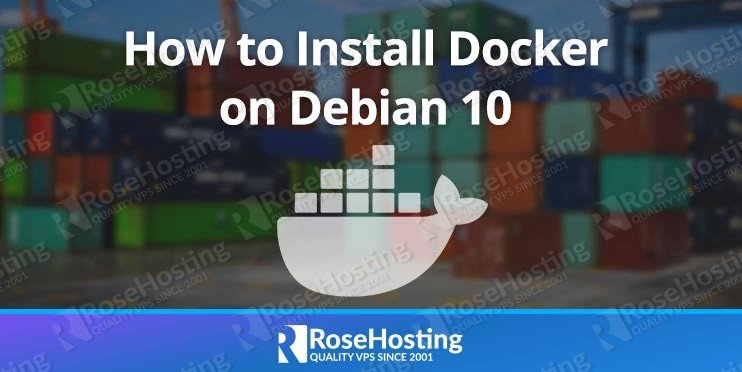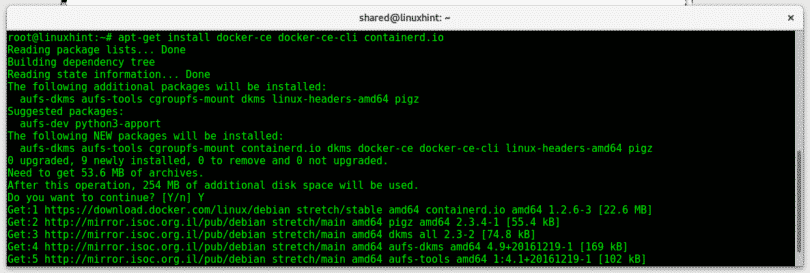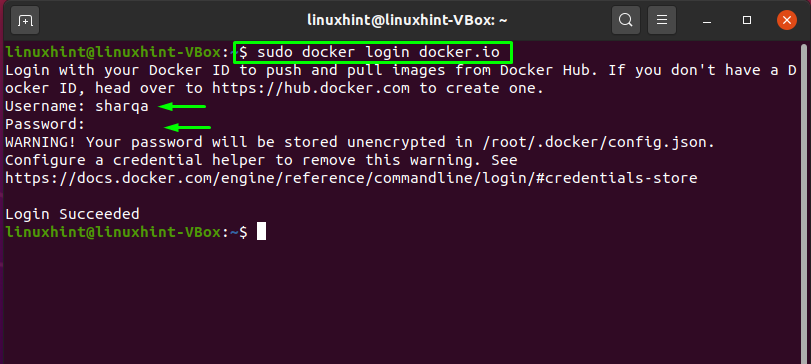

Sudo apt install apt-transport-https ca-certificates curl gnupg lsb-releaseĪdd Docker’s GPG key. Install the packages that are required to configure Docker’s repository: sudo apt update sudo apt remove docker docker-engine docker.io Output indicating that any of the packages aren’t found can be safely ignored. Recent non-LTS releases like Ubuntu 21.04, 20.10, and 21.10 should also be supported.Įnsure Docker is not currently installed.

Supported distributions: Ubuntu 20.04, Ubuntu 18.04, Ubuntu 16.04, Debian 10, Debian 9. The following instructions will install Docker Engine on one of these supported Ubuntu and Debian releases: Installing Docker Engine on Ubuntu and Debianĭocker Engine is the underlying containerization software used when deploying Docker containers. Review the following Docker guides to gain a better understanding of Docker, its benefits, and when to use it. If you’re not familiar with the sudo command, see the Users and Groups guide. Commands that require elevated privileges are prefixed with sudo. You should now be able to drop sudo from Docker commands.This guide is written for a non-root user. Alternatively, run the newgrp docker command to immediately login to the updated group. Once you’re in the group, logout and login again. Adding yourself to the docker group will let you use Docker without sudo. This can get tedious if you’re using Docker often.

You must usually prefix Docker commands with sudo. Install Docker: sudo yum install docker-ce docker-ce-cli containerd.io Using Docker Without Sudo Install Docker: sudo dnf install docker-ce docker-ce-cli containerd.io CentOSĪdd Docker’s package repository: sudo yum -y install yum-utils Now you can install Docker: sudo apt-get install docker-ce docker-ce-cli containerd.io FedoraĪdd Docker’s package repository: sudo dnf -y install dnf-plugins-core

Next, add Docker’s repository GPG key: curl -fsSL | sudo gpg -dearmor -o /usr/share/keyrings/docker-archive-keyring.gpgĪdd the repository to your sources and update your package lists: echo "deb $(lsb_release -cs) stable" | sudo tee /etc/apt//docker.list > /dev/null Sudo apt-get install apt-transport-https ca-certificates curl gnupg lsb-release Begin by adding dependencies needed by the installation process: sudo apt-get update


 0 kommentar(er)
0 kommentar(er)
